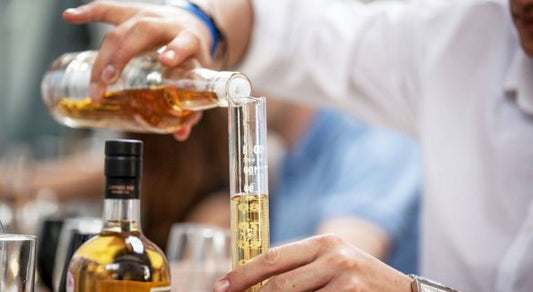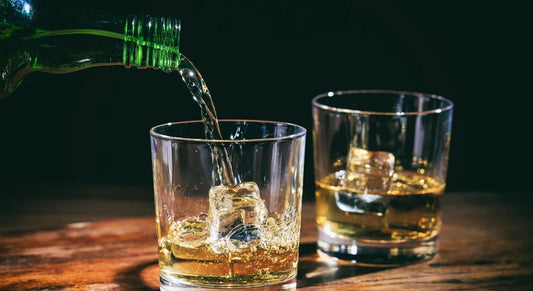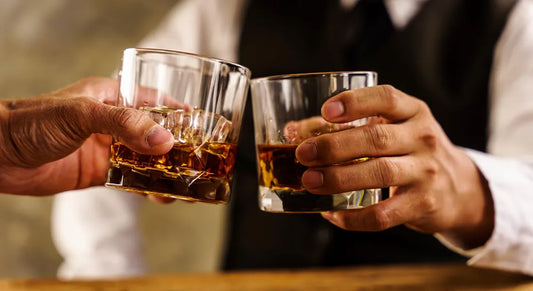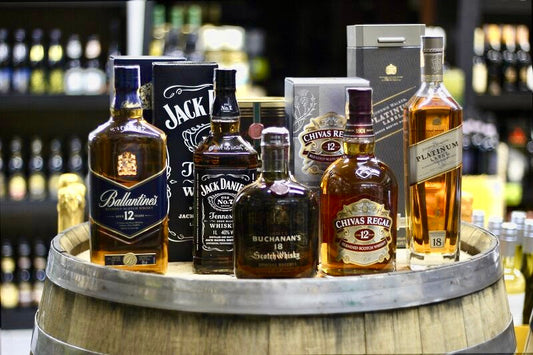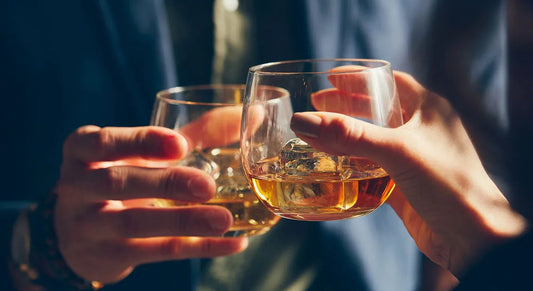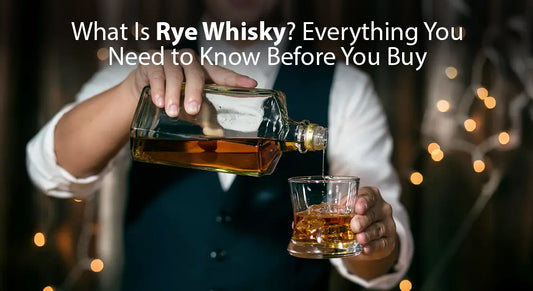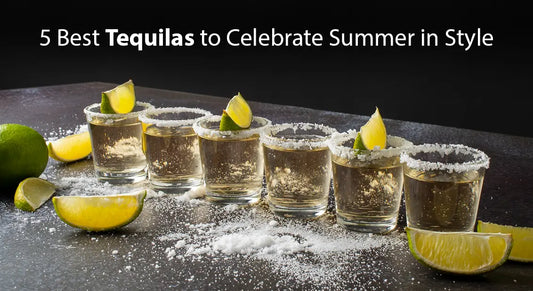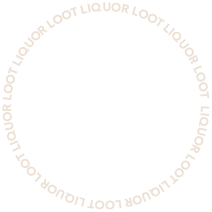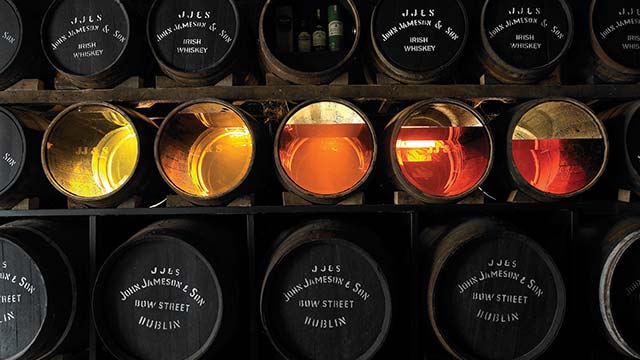
What is Angels' Share in Whisky?
If you’ve ever looked into whisky production, then you’ve probably heard the term “Angels’ Share.” This refers to the amount of whisky lost during the ageing process. In order for whisky to properly age, it has to breathe, and anytime you store a liquid in a non-airtight container, you are going to lose some of it to evaporation.
As much as half a cask of whisky can be consumed by the Angels' Share, depending on how long the whisky is aged. The longer a whisky sits, the more of it evaporates away. The environment also plays a role in this process. Factors such as cask size and ambient moisture can affect how much whisky is lost. When a barrel ages in a dry, cool environment, such as a temperature-controlled cellar, more of the evaporation is pure water, and the overall alcohol content will become more concentrated. Conversely, warmer humid environments will claim more of a whisky’s alcohol content, lowering its overall proof.
The benefits of evaporation
The Angels' Share actually plays something of a necessary role in whisky maturation. This process of evaporation is how distilleries eliminate some of the unwanted ingredients of their whiskies. Some “fresh” brews may be clocking in at a proof of 190 or higher, which is guaranteed to taste awful. Many distilleries rely on this evaporation process to eliminate some of the alcohol and allow the other ingredients to take a more prominent role within the whisky.
Whisky pricing
Whiskies increase in price and rarity as they age, and this isn’t just because of the time required to make them. A distillery still has to pay to produce all the whisky that evaporates, and those costs usually find their way into the remaining whisky’s price. If a 25 year-old cask of whisky typically loses around 40 percent (or more!) of its contents, then you can bank on the price per bottle going up considerably. Whiskies aged for less time, like 10 or 18 years may only lose 20 or 25 percent of their total volume, but even that’s still enough to affect the price tag.
On average, whisky barrels lose about 2 percent of their contents per year to evaporation, but this number varies drastically depending on certain circumstances. Young whisky, for example, may lose double that amount in its first year before stabilizing at a lower evaporation rate.
So when you pay through the roof for 20 year-old whisky, understand that you’re also paying for all the ounces that didn’t make it into the bottle and were instead “claimed by the angels.”
Lessening the Angels'
On average, whisky barrels lose about 2 percent of their contents per year to evaporation Share
We’ve been distilling whiskies for a lot longer than we’ve understood the science behind the process. Many years ago, early whisky makers were perplexed by the disappearing alcohol and coined the name “Angels' Share” as a way to explain their half-empty barrels. Surely the local angels were just taking their cut. Over the years, we’ve been able to piece together a more accurate picture of what happens during maturation, and soon we may be able to combat it.
As cool as the name sounds, whisky makers have long been trying to eliminate, or at least lessen, the Angels' Share without compromising the whisky. And it’s not hard to see why. The Angels' Share is a hassle, and it means distilleries cannot operate as efficiently as they would surely like to. Research into new barrel designs that may minimize evaporation is ongoing. Due to how long it takes to test these methods (possibly up to ten years), it may be a little while before we know for sure if any of these new barrels will truly work.
Lowering the Angels' Share has the potential to affect a whisky’s quality and flavour. Interaction with the air is part of the whisky maturation process, and evaporation plays a role in how the various flavours of a given whisky end up reacting with one another. It is possible that these new barrels may produce subpar whisky, but as our understanding of the maturation process improves, so do our odds of properly salvaging the Angels' Share.
The Devil’s Cut
Evaporation isn’t the only culprit when it comes to lost whisky. Ageing barrels can also steal their share of the drink. The wood of the barrel will naturally absorb a certain amount of whatever is contained in it, and just like with the Angels' Share, the longer a whisky ages, the more of it will be lost to this process.
Wood is naturally porous, with the level of porosity depending on the type of wood. Of course, a more porous wood cask is going to snag more of the brew. Since no evaporation is involved in the Devil’s Cut, it has no effect on the overall proof of the whisky. Between angels and the devil, we’re missing out on a lot of good whiskies!
